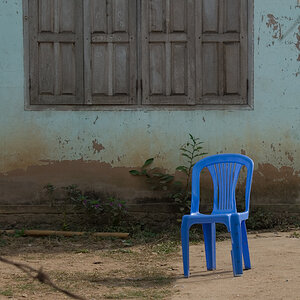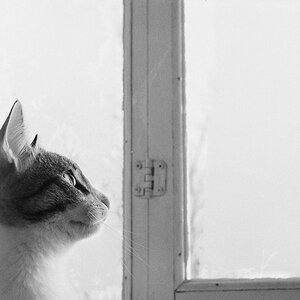Not to spark another "pro camera" discussion here, but just something I've been wondering about lately. During that discussion someone commented that it didn't matter what lenses you had...but it seems to an extent that the equipment you own can limit what you do. For instance if you only own a 50mm lens, then how could you shoot decent macro flower shots? If you don't have a nice flash, won't your portraits suffer? At some point it would seem that it does come down to the limitations of equipment. In high school my teacher always would lecture on using your body as a zoom and moving in closer if the lens wasn't able to give the results you wanted. I completely think that's true but what about shooting where you can't get closer? Is it ridiculous when people say things like I really needed a different lens or a flash or something similair? Does the equipment you own limit what you do?
My opinion on the subject is that the equipment can limit your capabilities. If you have a certain shot in mind, but don't have a long enough lens, or a good enough flash, or the right type of lighting then you would be limited b/c the image you see can't be expressed appropriately.
My opinion on the subject is that the equipment can limit your capabilities. If you have a certain shot in mind, but don't have a long enough lens, or a good enough flash, or the right type of lighting then you would be limited b/c the image you see can't be expressed appropriately.


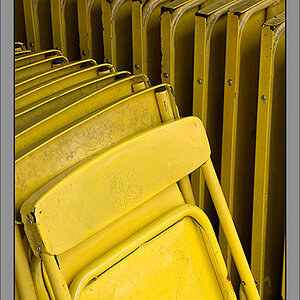
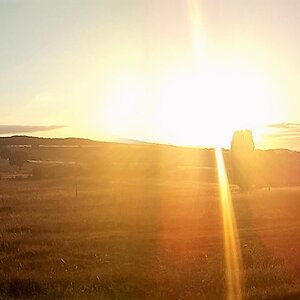
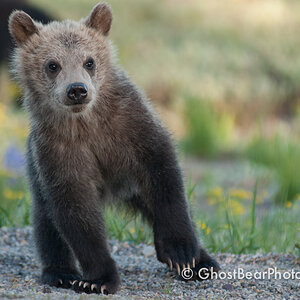
![[No title]](/data/xfmg/thumbnail/31/31740-83040d547efdbb1f87736f24d2e9985c.jpg?1619734985)
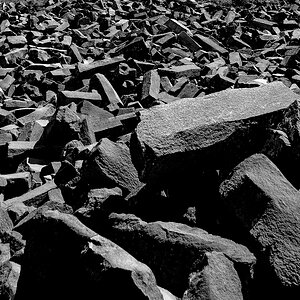
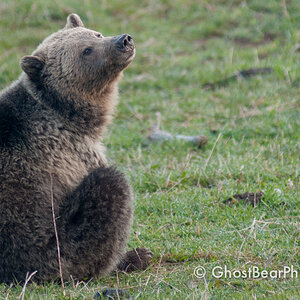
![[No title]](/data/xfmg/thumbnail/31/31047-a219a8303cd90075f802f2e993dac0ce.jpg?1619734587)

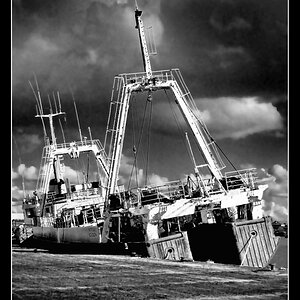
![[No title]](/data/xfmg/thumbnail/31/31043-56e0d1d98f75a901802906faef0a4ab9.jpg?1619734585)
